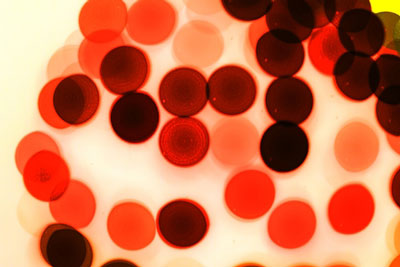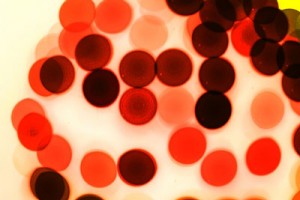CHMP recommends Elocta for haemophilia A
Posted: 25 September 2015 |
Elocta is a recombinant factor VIII Fc fusion protein product that, if approved, would be the first haemophilia A treatment with prolonged circulation available in the EU…


Biogen and Swedish Orphan Biovitrum (Sobi) received a positive recommendation from the CHMP for the marketing authorisation of Elocta (rFVIIIFc).


Elocta is a recombinant factor VIII Fc fusion protein product for the treatment of haemophilia A that, if approved, would be the first haemophilia A treatment with prolonged circulation available in the EU.
The positive opinion was based on results from the pivotal, Phase 3 A-LONG clinical study, which examined the efficacy, safety and pharmacokinetics of Elocta in previously treated males 12 years of age and older with severe haemophilia A, and from the Phase 3 Kids A-LONG clinical study, which evaluated the efficacy and safety of Elocta in previously treated male children with haemophilia A under 12 years of age. The Committee’s positive opinion is now referred to the EC.
Elocta provides protection against bleeding episodes with fewer prophylactic infusions
“The CHMP’s recommendation to approve Elocta is an important milestone in potentially bringing this innovative therapeutic option to people with haemophilia A across Europe,” said Aoife Brennan, M.D, vice president of Haematology, Clinical Development at Biogen. “The potential of Elocta to provide protection against bleeding episodes with fewer prophylactic infusions will, if approved, represent the first treatment advance in nearly 20 years for Europe’s haemophilia community.”
The A-LONG clinical study involved 165 previously treated males 12 years of age and older with severe haemophilia A. The study evaluated individualised and weekly prophylaxis to reduce or prevent bleeding episodes, and on-demand dosing to treat bleeding episodes.
The Kids A-LONG study was the first clinical study to evaluate an investigational haemophilia therapy with a prolonged half-life in children younger than 12 years of age. The study involved 71 boys with severe haemophilia A with at least 50 prior exposure days to factor VIII therapies.




